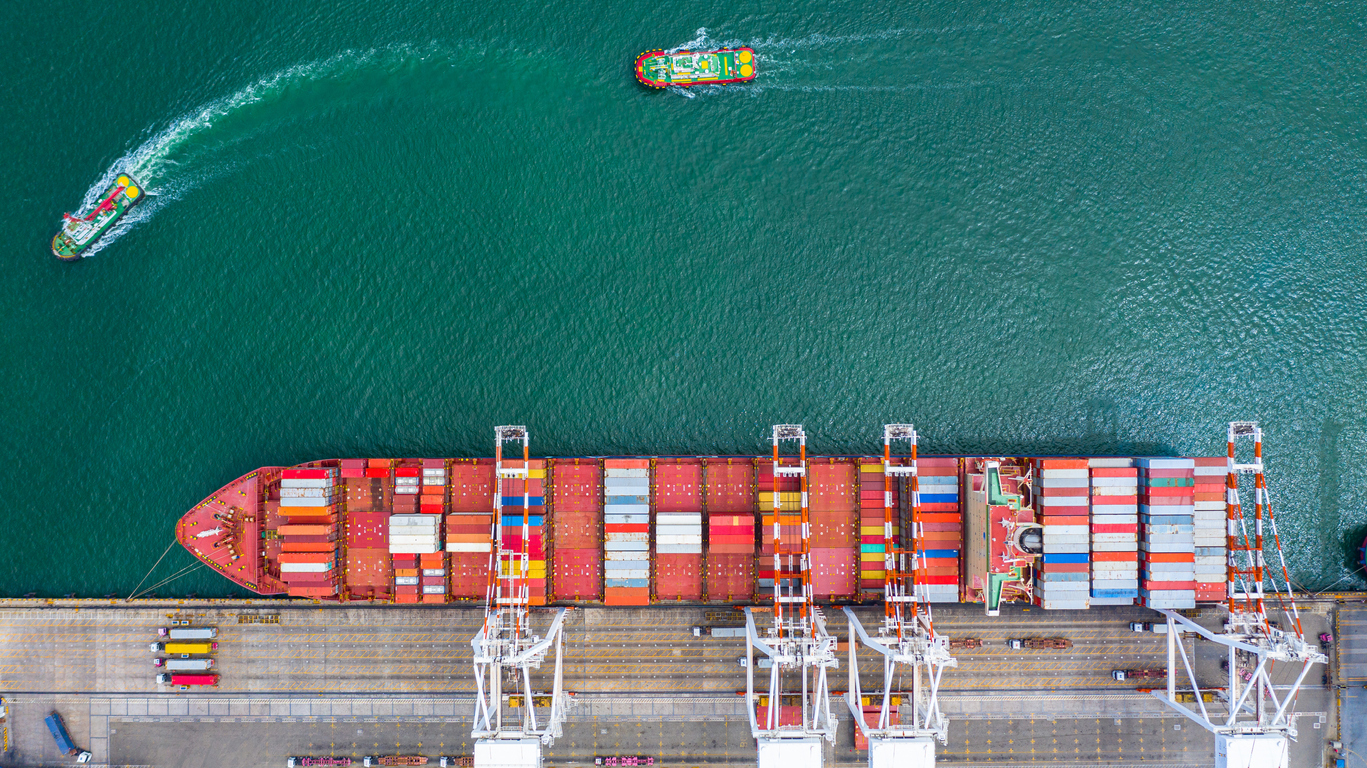Forwarding Freight in Nigeria: A Comprehensive Guide to Efficient Logistics
Freight forwarding is a critical component of Nigeria’s logistics and supply chain industry, connecting businesses to domestic and international markets. With Nigeria’s strategic location and growing economy, freight forwarding services play a vital role in facilitating trade and ensuring goods are transported efficiently.
In this article, we explore the role of freight forwarding in Nigeria, the process involved, key challenges, and how Wigmore Trading provides seamless solutions for your shipping needs.
What is Freight Forwarding?
Freight forwarding is the process of coordinating and managing the transportation of goods from one location to another, typically across international borders. Freight forwarders act as intermediaries, handling documentation, customs clearance, and the logistics required to move cargo efficiently.
Freight forwarding encompasses various modes of transport, including:
- Ocean Freight
- Air Freight
- Road Transport
- Rail Transport
Why Freight Forwarding is Essential in Nigeria
1. Facilitating International Trade
Nigeria’s economy relies heavily on the import and export of goods, including crude oil, agricultural products, machinery, and consumer goods. Freight forwarders ensure smooth international shipping operations by navigating complex trade regulations.
2. Managing Supply Chain Logistics
Freight forwarders streamline supply chains by coordinating transportation, warehousing, and distribution, ensuring timely delivery of goods.
3. Expertise in Customs Clearance
Navigating Nigeria’s customs clearance process can be complex. Freight forwarders have the expertise to handle documentation and compliance, reducing the risk of delays.
The Freight Forwarding Process in Nigeria
1. Cargo Booking
The process begins with booking cargo space with a carrier (airline, shipping line, or trucking company) for the transportation of goods.
2. Documentation
Freight forwarders handle the preparation of essential documents, including:
- Bill of Lading or Airway Bill
- Commercial Invoice
- Packing List
- Certificate of Origin
- Customs Declaration Forms
3. Customs Clearance
Freight forwarders manage customs documentation and liaise with the Nigerian Customs Service (NCS) to ensure compliance with regulations and payment of duties.
4. Cargo Handling and Transportation
The forwarder oversees the safe loading, unloading, and transit of goods, coordinating with carriers and port authorities.
5. Final Delivery
Once the goods arrive at their destination, the forwarder arranges for their delivery to the consignee’s address.
Challenges in Freight Forwarding in Nigeria
1. Port Congestion
Nigeria’s major ports, particularly Apapa and Tin Can Island in Lagos, face congestion issues that can delay cargo handling and increase costs.
2. Regulatory Complexities
Frequent changes in trade policies, tariffs, and import/export restrictions can create challenges for businesses.
3. Infrastructure Deficits
Poor road networks, limited rail connectivity, and outdated port facilities affect the efficiency of freight movement.
4. Security Risks
Piracy in the Gulf of Guinea and inland transport theft can pose risks to freight.
Opportunities in the Nigerian Freight Forwarding Industry
1. Expanding Trade Volumes
With Nigeria’s increasing involvement in regional and international trade agreements, demand for freight forwarding services is set to rise.
2. Technological Advancements
Digital platforms and tracking systems are improving transparency and efficiency in freight forwarding operations.
3. Infrastructure Development
Ongoing projects such as the Lekki Deep Sea Port and improvements in road and rail networks will enhance freight handling capacity.
How Wigmore Trading Simplifies Freight Forwarding in Nigeria
Wigmore Trading provides expert freight forwarding services tailored to meet the unique needs of businesses in Nigeria. Here’s how we can help:
1. End-to-End Logistics Solutions
We handle every aspect of the freight forwarding process, from cargo booking and documentation to customs clearance and delivery.
2. Expertise in Customs Clearance
Our team ensures your shipments comply with Nigerian customs regulations, minimizing delays and avoiding penalties.
3. Reliable Carrier Partnerships
We work with trusted carriers to provide efficient and cost-effective transportation solutions.
4. Real-Time Tracking
Stay informed about the status of your shipment with our advanced tracking systems, ensuring transparency and peace of mind.
5. Tailored Services
Whether you’re importing raw materials or exporting finished goods, we offer customized solutions to match your specific requirements.
Industries We Serve
Wigmore Trading supports freight forwarding needs across various sectors, including:
- Agriculture: Transporting commodities like cocoa, cashews, and palm oil.
- Manufacturing: Shipping raw materials and machinery.
- Retail and E-Commerce: Managing imports of consumer goods and electronics.
Conclusion
Freight forwarding is a vital service for businesses operating in Nigeria’s dynamic trade environment. While the industry faces challenges such as port congestion and regulatory complexities, it offers significant opportunities for growth and efficiency.
Wigmore Trading is your trusted partner for reliable and efficient freight forwarding in Nigeria. Contact us today to learn how we can streamline your shipping operations and support your business’s success.








Comments are closed.